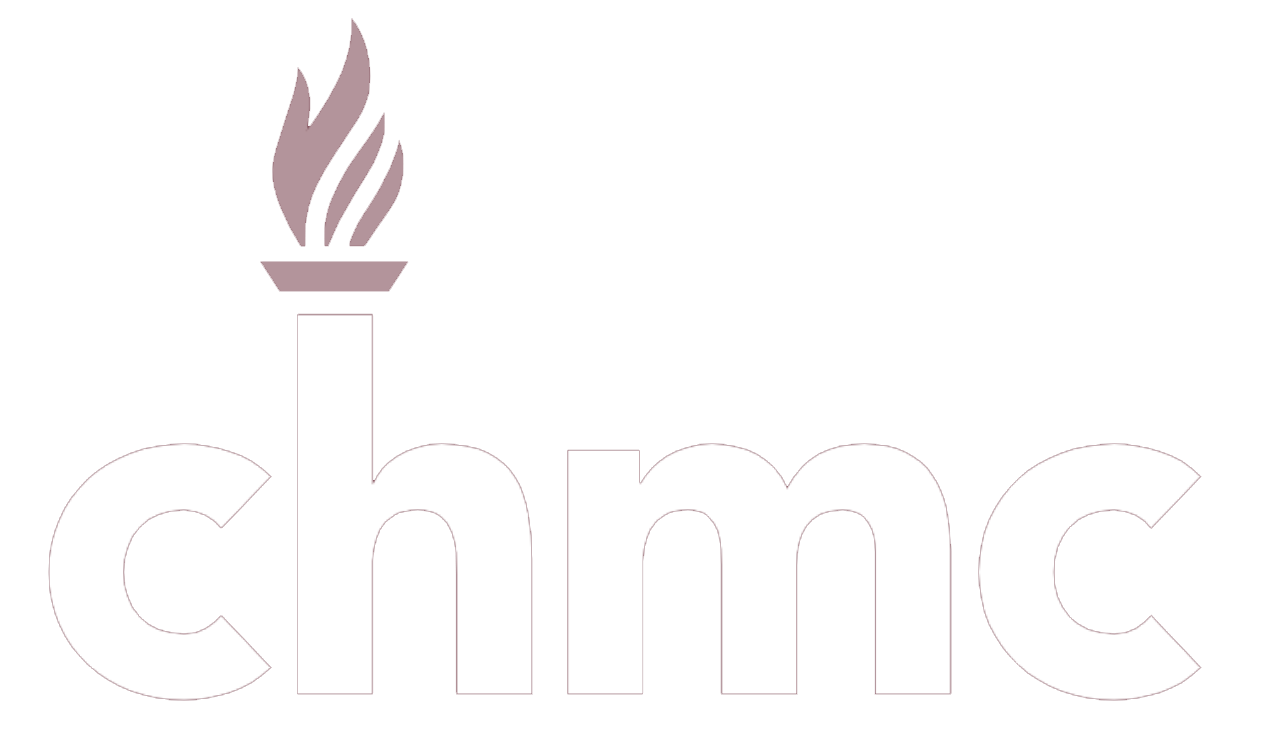If you were to ask any number of people what Columbus Day means to them, then you are bound to get different answers. Rarely do we examine in detail how the discovery (or non-discovery) of America marked a dramatic change across historical and ethnic boundaries, with the effect felt globally. This discovery was of such great importance that it forever changed the mentality of several societies, although not without consequence. In light of Columbus and his voyage, Europeans experienced a vast cultural development, while the native of the New World suffered catastrophic costs to their population. Remarkably, the relevance of the discovery of America began relations between these two worlds that revolutionized the perception of the world held by both, and the fusion of races, ethnicities, and culture.
Over 500 years have passed since Christopher Columbus set sail on the journey that led him to discover the New World. On October 12, 1492, Columbus stepped foot in America, marking the moment of the first encounter between Europe and America; however, it was not immediately realized that a new continent was discovered.
Columbus always believed that he had reached India, and trips would continue to be made along this route. Eventually, the Florentine Americo Vespucio toured parts of the coast of South America and he is credited as the first European to understand that those lands belonged to a new and unknown continent. The land was later named “America” after Vespucio.
In many countries, October 12th is recognized as the Día de la Raza (Day of the Race) or Día de la Hispanidad (Hispanic Day) and is a national holiday. Mexico, Central America, and South America have focused on honoring the ethnic diversity of its people who have a common beginning, tradition, or language. These nationalities include Native Americans (such as the Mayans, Aztecs and Incas) and European nationalities (Spanish, Portuguese, and French).
In Spain, Hispanic Day coincides with the National Day of Spain. In 1913, Rodriguez San Pedro, President of the Iberian-American Union, created this holiday to develop closer ties between Spain and Latin American countries. In Madrid, there is an impressive military parade involving all branches of the military, and some people even use the term Day of the Homeland to designate this holiday.
Venezuela and Nicaragua have changed the name of this holiday to Día de la Resistencia Indígena (Day of Indigenous Resistance) because they consider that it was not a discovery but rather a genocide that occurred, where American natives suffered the attacks of the Spain population.
Ecuador declared October 12th as Día de la Interculturalidad y la Plurinacionalidad (Day of Intercultural and Plurinationality), which was designed to recognize and promote dialogue between different cultures, strengthen national unity, and celebrate all nationalities and indigenous peoples.
Meanwhile, in the United States the holiday is seen with skepticism and hatred by some, who view Columbus’ arrival to America as the origin of the violent murder of Native Americans. On a recent episode of his show Last Week Tonight, John Oliver described Christopher Columbus as a “murder egomaniac” and raised the question “Columbus Day: How is this still a thing?”
Columbus Day in the U.S. is held the second Monday of October each year in many parts of the country, but not all states attend this commemoration. Many Americans are still trying to determine whether or not they should commemorate Columbus Day. Essentially, this holiday is controversial as the large majority of Americans—despite background or political orientation—conclude that Columbus Day no longer suits the litmus test of credibility and relevance. Some states, including Hawaii, Alaska, Oregon do not recognize Columbus day at all. Others, like South Dakota, Seattle, and Minnesota, have replaced this holiday in favor for Indigenous People’s Day which, according the Associate Press, “celebrates the contributions and culture of Native Americans and the indigenous community” and “the rich history of people who have inhabited the area.”
For its part, Italians Americans observe Columbus Day as a celebration of their heritage, not to the man. Within the Italian community, Columbus Day symbolizes the legacy of their ancestors who immigrated to America, overcame poverty, language barriers, and above all, discrimination. Surprisingly, this holiday was first celebrated by Italians of New York in 1866 honoring Columbus’s Italian Heritage, but the official celebration in Spain did not occur until 1913 and soon after in Latin America.
Hispanics are embracing the millennial vision of the New World, where the unification of Spain with the tribes of America, which celebrates the spreading of the Spanish language, the beginning of a new Hispanic identity, but most of all honoring ethnic diversity of its people.
Columbus Day has become the strangest holiday celebration in the United States, one in which the common opinion of the day has slipped the farthest from the purpose of those who initiated the practice. It nevertheless seems that the vast majority of Hispanics has given a lesson in finding October 12th as a positive celebration of the mixing of peoples and cultures.

